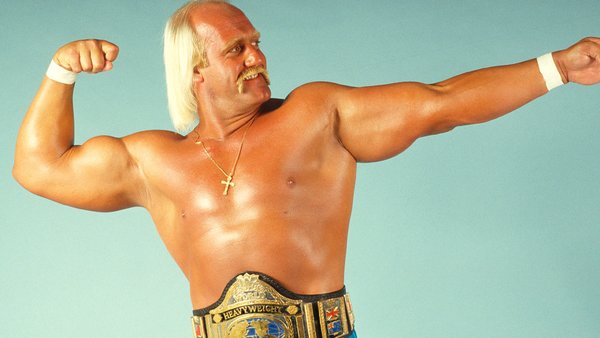The Last Days Of The WWF

In a nutshell, Vince McMahon had been caught out, and not before time.
A few months earlier, he'd promised to inject a lethal dose of poison into his company by bringing in the New World Order to kill his creation. He'd managed the latter, and the group certainly seemed to be having a toxic influence on the ratings amidst lots of other rank creative, but the former WCW stable had nothing to do with such a monumental shift.
McMahon had lied and bullsh*tted for too long and could no longer avoid the consequences.
The World Wrestling Federation was "the recognised leader in Sports Entertainment" mostly because a) they said so and b) everywhere else that did what they did still called it "pro wrestling". It'd be unfair to say it didn't matter entirely how good the product was, especially considering the mainstream boom that came as result of Vince McMahon and Hulk Hogan's symbiotic and hugely successful relationship in the mid-1980s.
Hulkamania wasn't just the company's hottest product, but a integral part of Americana and United States pop culture, and it was through Hogan's of-the-era magnetism that so many people gravitated towards the glossiest version of an idiosyncratic industry that had existed away from the zeitgeist for decades. Wrestling wasn't simply the preserve of the smoky bingo halls as WWE rhetoric would have it (McMahon just really liked this example because it stood in the starkest possible contrast to the glossy vision he believed was best), but only an elite few ascended from the spotlights of local venues to the national talk show circuit. And in an Everything Right Now decade, Hulk Hogan offered the lot.
But as one WWF grew though, so too did the consternation of the other.
CONT'D...